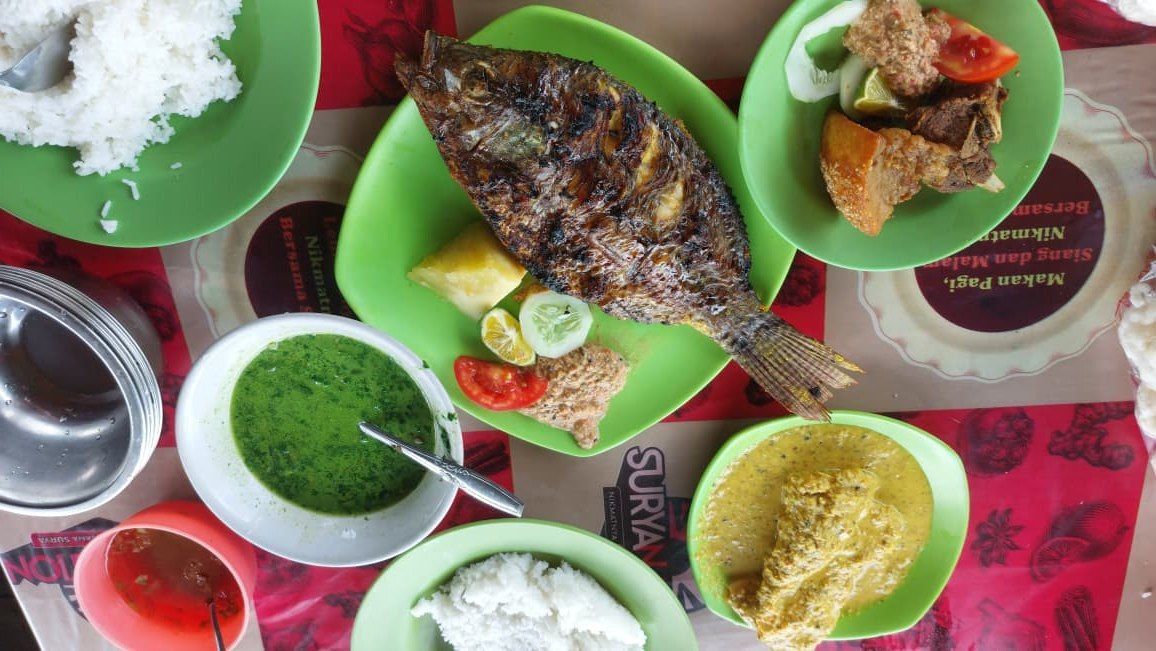Now that the dust is beginning to settle on last week’s seismic events in the women’s game, a troubling narrative is emerging from the rubble – one that risks undermining the ecosystem of women’s football coverage.
The way Mary Earps’ book All In: Football, Life and Learning to be Unapologetically Me dominated headlines and back pages is a testament to how far the women’s game has come. That a memoir delving into the sport’s inner workings could command such widespread attention says everything about its growing cultural weight.
For a short time last week, it seemed as though everyone across the football landscape – from those deeply embedded in the game to casual fans and major-tournament tourists – had planted their flag on one side or the other of the Hannah Hampton–Mary Earps divide.
The mental health of those at the centre of this storm should come first but there is a also a growing concern that the media is being blamed for the fallout.
Earps’ own distrust of the press is evident in All In. She recounts a ‘young reporter’s’ so-called ‘hatchet job’ in alerting Sarina Wiegman that she had been dropped for a Paris Saint-Germain game – a moment she links to her eventual departure from the team.
Later, she reflects on the coverage of her retirement: ‘Women’s football needs the media to grow, and the media needs access to us for content, but this (coverage) felt hateful, and the reactions to it were contagious.’
Mary Earps alongside manager Sarina Wiegman. Earps says she still has respect for the England head coach, despite their relationship breakdown
‘I feel like it’s got really distorted,' Earps said of the way her book has been received. 'Because of the way it’s been reported it’s made it sound like I’ve been coming for certain people.'
That distrust now seems to have resurfaced, with the media once again being cast as the villain as the former Lionesses goalkeeper deals with the backlash over her criticism of Wiegman and the ‘bad behaviour’ of current England No 1 Hannah Hampton.
In her post-launch talkSPORT interview with Leanne Sanderson, Earps said: ‘I feel like it’s got really distorted. Because of the way it’s been reported it’s made it sound like I’ve been coming for certain people.
‘I’ve done so many interviews where I have said how much respect I have for Sarina and how I think Hannah’s such a great goalkeeper and what an amazing summer they’ve all had together. That’s challenging because I feel like all of that has been lost. It’s hard because this is not what the book is. It's my life, my experiences, my perspective.
‘I’m not trying to blame journalism or anyone but because of these reports it’s just come out the polar opposite of what I wanted and that is so frustrating.’
Indeed, while it’s understandable that she might feel disappointed after the intensity of last week, the idea that the media has ‘failed’ her is naive and seems instead to be a convenient way to sidestep the level of public examination that she must have known would follow her criticism of Hampton and Wiegman.
It works both ways and the media were quick to praise her for taking on Nike over their refusal to sell her goalkeeper shirts during the 2023 World Cup.
Khiara Keating, back-up goalkeeper to both Earps and Hampton at the last two major tournaments, spoke with composure beyond her years when she told the BBC: ‘We’re all here to do the same job. Feelings aside, we were always a close-knit group. As goalkeepers, we normally stick together.’ Crucially, the 21-year-old then added: ‘The media will be what it is – it comes with the job.’
Next up was social media platform Versus posting to its half a million followers that the ‘football media has failed Mary Earps’, accompanied by a recording of one of the authors saying, ‘My issue is that we have two women pitted against one another.’ And so on.
Earps with Hannah Hampton at the 2003 World Cup. In her book Earps refers to Hampton on several occasions not by name, but as ‘my competitor'
Hampton was key to the Lionesses' Euro 2025 triumph, justifying Wiegman's decision to make her England No1
The problem with this line of thinking is twofold.
Firstly, it ignores the obvious: when you publish a book four months after a high-profile retirement, on the eve of a tournament your former team-mates went on to win, headlines are inevitable. The publisher sold the extracts, in this case to The Guardian, to raise the profile of the book; that’s how it works.
Secondly, the claim that the media has ‘pitted two women against each other’ is, frankly, absurd. Yes, some commentary may have overstepped the mark. But Earps herself refers to Hampton on several occasions in the book not by name, but as ‘my competitor’.
It’s hard to find a clearer admission that the rivalry existed, even considering the many other examples within All In. After all, we’re talking about elite sport here: competition is the point.
More worryingly, this new narrative risks undermining the delicate balance women’s football journalists have long worked to maintain. Covering the game means walking a difficult line between celebrating its growth while holding its biggest names to the same scrutiny as in the men’s game.
To dismiss legitimate reporting as ‘hate’ or ‘failure’ is to erode the very infrastructure the sport depends upon.
The mistrust increasingly directed at journalists from within the women’s game is troubling, not least because those same reporters have spent years fighting for coverage that not long ago barely existed - and continue to do so. This isn’t a case of reporters circling like vultures; most still operate from a place of deep respect and commitment to the sport.
But as women’s football grows, so too does its visibility, and with it the discomfort that comes when coverage shifts from celebration to scrutiny.
The mistrust increasingly directed at journalists from within the women’s game is troubling
PSG's Earps will face Manchester United at Old Trafford on Wednesday night in the Champions League, a chance to move forward rather than looking to others to blame
As club media becomes ever more prominent, giving fans a heavily sanitised version of players’ everyday lives, from what they eat for breakfast to their favourite film and music, journalists scrabble to get to the bottom of stories that those at the top would rather the world didn’t see. Bullying cultures or misuses of power would otherwise go undetected.
And so, there is a certain irony to all this: that the very people who helped build the platform are now being treated with suspicion for doing their jobs.
As with all these things, the news cycle turns fast, and Earps will be grateful for the chance to step off the wheel. She can still rescue her reputation as one of the world’s best goalkeepers with PSG, with the next few days offering the perfect opportunity to do so.
Next up is former club Manchester United at Old Trafford on Wednesday night in the Champions League, her first return to English football since retiring from international duty, and a chance to move forward rather than looking to others to blame.

 3 months ago
173
3 months ago
173

















































